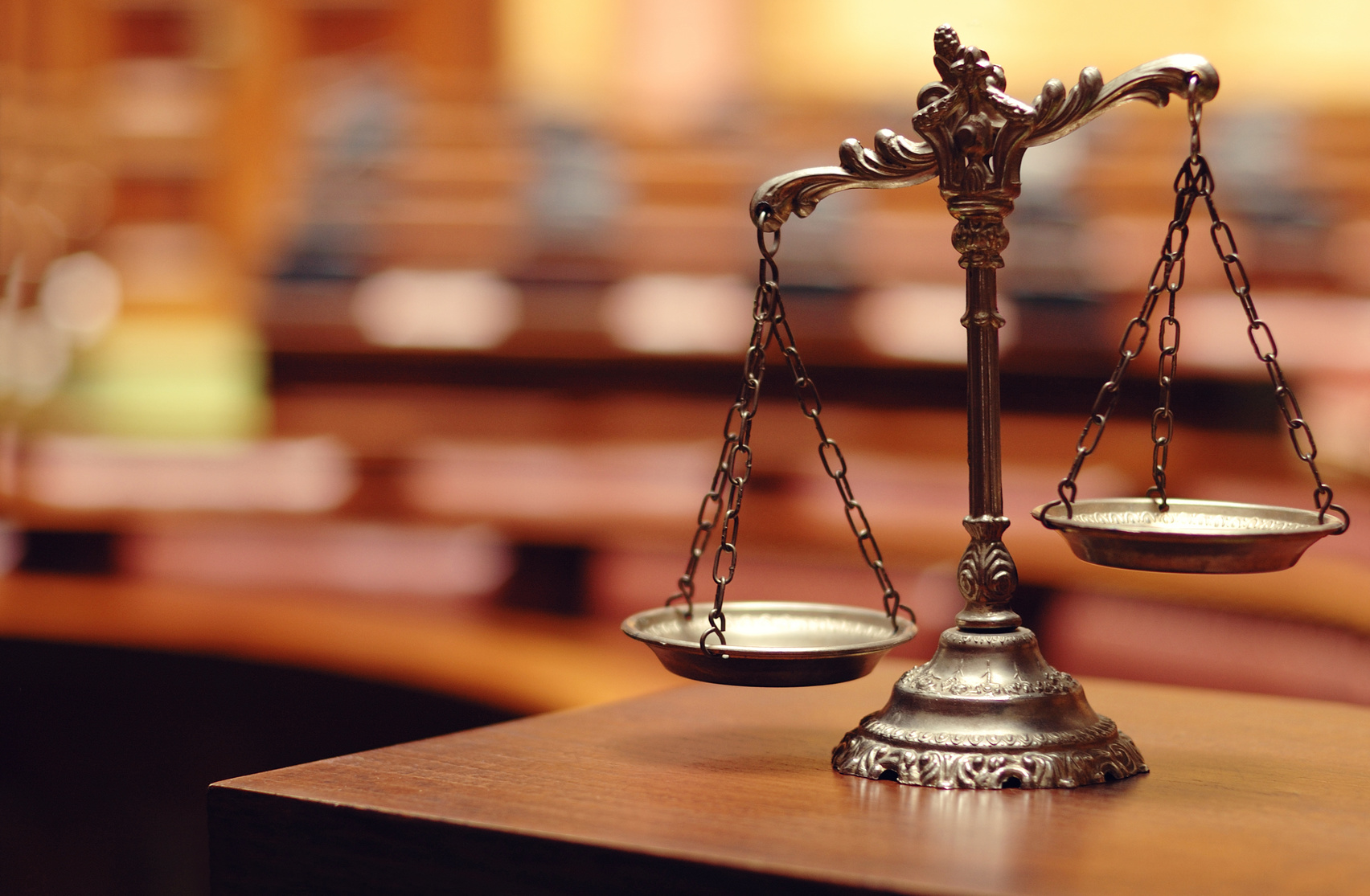During the bankruptcy process, the automatic stay has been shown to ease the process for individuals. With the automatic stay in place, individuals cannot be contacted from their creditors. Creditors are barred from contacting debtors, which can stop harassment from them. This can take a weight off the individual’s shoulders by allowing them to focus on their finances, instead of dealing with creditors. They can try to come up with ways to fix their situation. The harassing phone calls and handlings with creditors can be overwhelming during an already difficult time. The automatic stay proves to help that by stopping this as soon as the bankruptcy paperwork is filed.
What bankruptcy processes is it involved in?
The automatic stay is a tool that is used to benefit individuals involved in Chapter 7 and Chapter 13 bankruptcy proceedings. Upon filing the paperwork, the automatic stay goes into effect and helps ease the stress of these individuals. Although the automatic stay is involved in both processes, these bankruptcy proceedings are not the same process. They both operate to better prepare the individual for a stable financial future. With the automatic stay, individuals can focus on this aspect.
What happens after the automatic stay goes into effect?
Once the automatic stay goes into effect, the individual continues with the bankruptcy process. For Chapter 7 bankruptcy, liquidation will occur. All non-exempt assets will be liquidated to pay back creditors as much money as possible. This can help to cover the debt although it may not be able to meet up to the amount you owe. It can still erase debt. Chapter 13 bankruptcy functions differently than Chapter 7 bankruptcy because it involves making a repayment plan. Individuals can work with a professional attorney to come up with a repayment plan. This repayment plan can help to fix their financial situation and prepare for a better future. Through this process, individuals are allowed to keep their possessions while still paying back their creditors. They must attend the bankruptcy court to get the repayment plan approved. Then it will be set in motion and depending on the plan, it will take a designated amount of time to pay off.
If you are in need of experienced legal counsel for matters of personal injury, medical malpractice, medical device injuries, unsafe drug injuries, consumer protection, bankruptcy, SSD, or criminal law in New Jersey, please contact Tomes Law Firm, PC and we will be happy to assist you.

